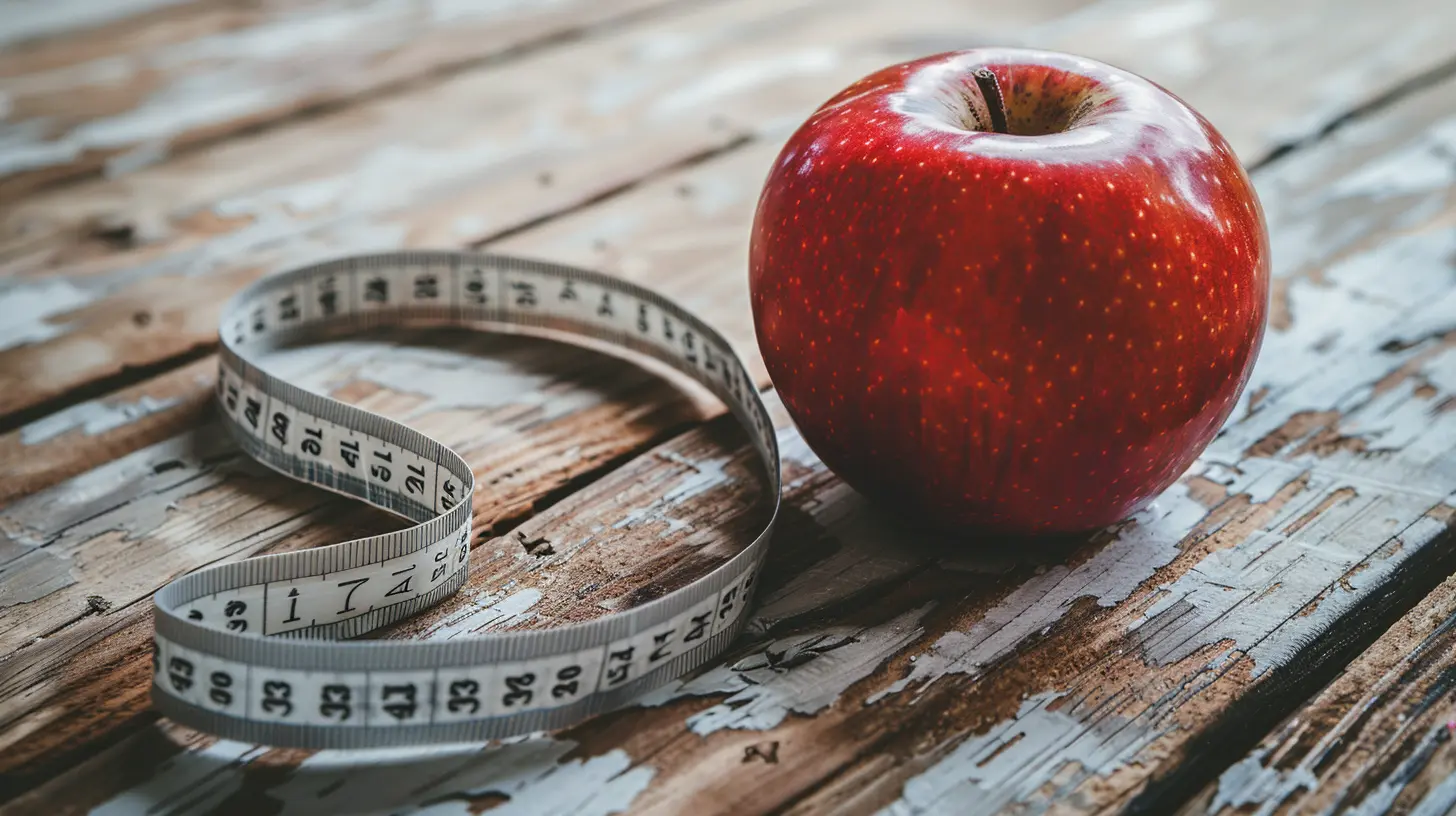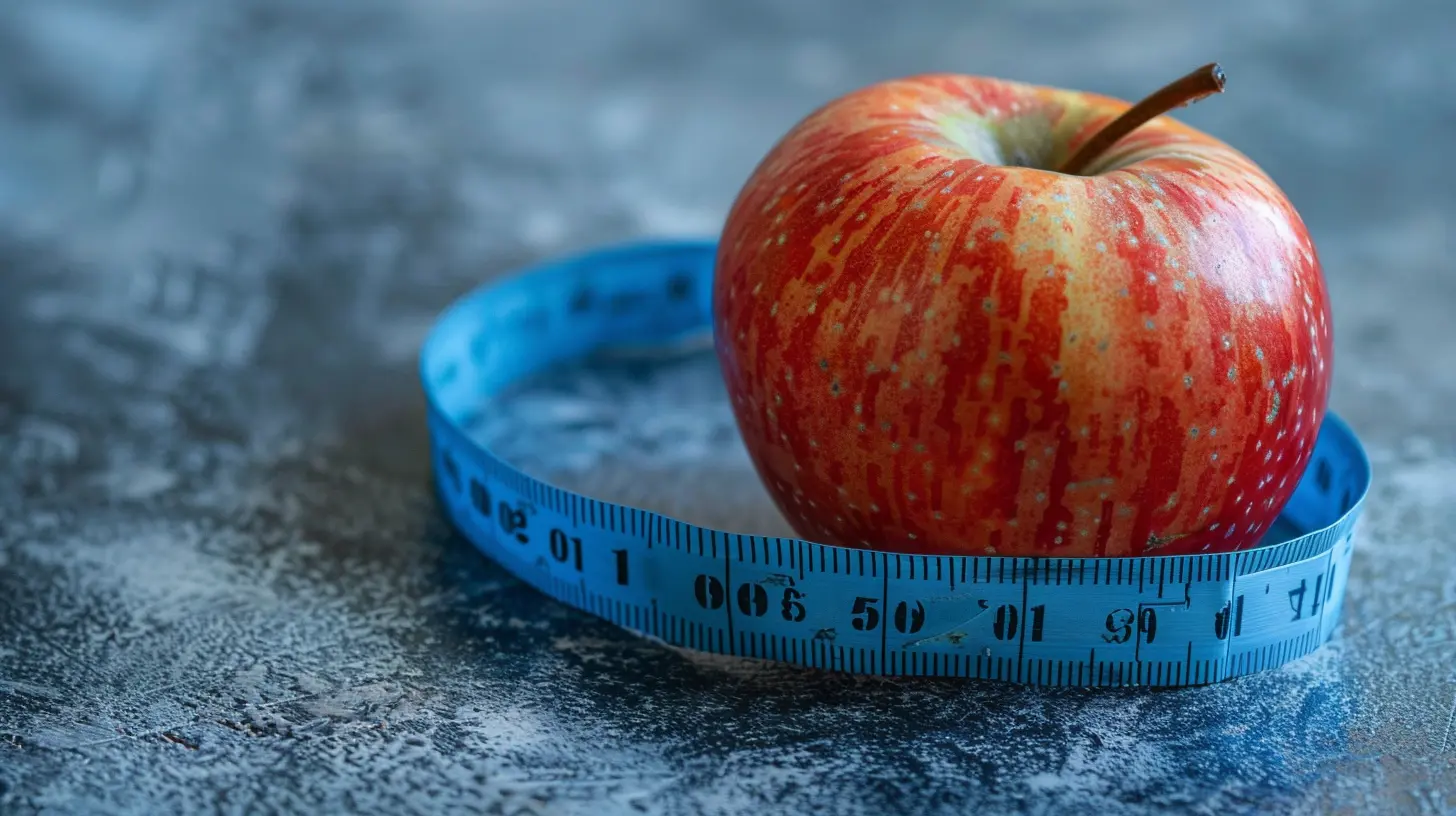Why Fat Loss Isn’t Just About Calorie Deficit
10 November 2025
Losing weight is often boiled down to one simple equation: burn more calories than you consume. While this is a fundamental principle of fat loss, it’s far from the full picture. If it were just about eating less and moving more, everyone who followed that rule would have the body they desire. But reality tells a different story.
If you've ever tried cutting calories but still struggled with stubborn fat, you’re not alone. Fat loss is influenced by a variety of factors beyond just calorie deficit, including hormones, metabolism, sleep, stress, and even your mindset. So, let’s dive deeper into why fat loss isn’t just about cutting calories and what you should focus on instead. 
The Myth of “Eat Less, Move More”
The traditional advice of eating less and exercising more works in theory, but in practice, it can set people up for failure. Why? Because your body is not a simple math equation—it’s a complex system that adapts to changes in food intake, physical activity, and lifestyle.Your Body Fights Back
When you cut calories drastically, your body responds by slowing down your metabolism. This means you burn fewer calories at rest, making weight loss harder over time. It also increases hunger hormones, making you crave calorie-dense foods. Ever felt uncontrollable cravings after a few days of dieting? That’s your body trying to restore balance.Calorie Counting Isn’t Always Accurate
Measuring calories sounds simple, but food labels can be misleading, and portion sizes aren’t always exact. Plus, every person’s body processes food differently. For example, someone with a slower metabolism may store more fat even if they consume the same number of calories as someone else.
The Role of Hormones in Fat Loss
Hormones play a critical role in how your body stores or burns fat. If your hormones are out of balance, losing fat can feel impossible—even if you’re in a calorie deficit.Insulin: The Fat-Storing Hormone
Insulin regulates blood sugar levels. Eating too many processed carbs and sugars can cause insulin spikes, signaling your body to store fat instead of burning it. If your insulin levels are consistently high, you may struggle to lose fat, even on a low-calorie diet.Cortisol: The Stress Hormone
Chronic stress leads to high levels of cortisol, which can contribute to fat storage, particularly in the belly area. If you’re constantly stressed, even the most disciplined diet won’t work the way you expect.Leptin and Ghrelin: Hunger Regulation
Leptin tells your brain when you’re full, while ghrelin signals hunger. Poor sleep, high stress, and processed foods can disrupt these hormones, making you feel hungrier than you actually are.
The Importance of Metabolism
Metabolism isn’t just about burning calories—it’s about how efficiently your body processes energy. If your metabolism is slow, you’ll struggle to lose fat even if you eat fewer calories.What Slows Down Metabolism?
- Extreme Calorie Deficits: Your body adapts by conserving energy, slowing fat loss.- Lack of Muscle Mass: Muscle burns more calories than fat, even at rest.
- Aging: As we get older, metabolism naturally slows down.
- Poor Sleep: Disrupted sleep patterns can negatively affect metabolism.
How to Boost Your Metabolism
- Strength Training: Lifting weights builds muscle, which increases your metabolism.- Eat Enough Protein: Protein helps maintain muscle and keeps you full longer.
- Stay Active: Simple activities like walking more can boost calorie burn.
- Improve Sleep Quality: Poor sleep disrupts metabolism and hunger hormones.

Why Sleep and Recovery Matter
You may be eating right and exercising, but if you’re not sleeping well, you’re sabotaging your fat loss efforts. Lack of sleep increases cravings, slows metabolism, and raises cortisol levels.How to Improve Sleep for Better Fat Loss
- Aim for 7-9 hours of quality sleep per night.- Reduce screen time before bed (blue light affects melatonin).
- Manage stress with relaxation techniques like deep breathing.
- Create a consistent bedtime routine.
A well-rested body burns fat more efficiently than a sleep-deprived one.
The Hidden Role of Stress and Mindset
Fat loss isn’t just about diet and exercise—it’s also about mental and emotional well-being. Chronic stress and negative self-talk can keep you stuck in a cycle of frustration and failure.Why Stress Leads to Weight Gain
Stress triggers cortisol, which signals your body to hold onto fat, especially in the abdominal area. Emotional eating is also common when stressed, leading to excess calorie intake.How to Manage Stress for Fat Loss
- Practice mindfulness or meditation to calm your mind.- Engage in activities you enjoy to reduce emotional stress.
- Stay socially connected—having a support system helps with motivation.
- Prioritize self-care through relaxation, hobbies, and rest.
The Importance of Food Quality Over Quantity
Many people focus only on eating fewer calories without considering the quality of their food. But not all calories are created equal.Whole Foods vs. Processed Foods
Eating 100 calories of processed junk food affects your body differently than 100 calories of lean protein and vegetables. Whole foods provide essential nutrients, keep you fuller longer, and regulate hormones that control hunger and fat storage.What to Eat for Sustainable Fat Loss
- Lean Proteins (chicken, fish, eggs, tofu) – keeps you full and supports muscle.- Healthy Fats (avocados, nuts, olive oil) – supports hormone function.
- Complex Carbs (quinoa, sweet potatoes, oats) – provides lasting energy.
- Fiber-Rich Foods (vegetables, beans, whole grains) – aids digestion and satiety.
Focusing on nutrient-dense foods rather than just cutting calories sets you up for long-term success.
Why Strength Training is a Game-Changer
Many people focus solely on cardio for fat loss, but strength training is just as important—if not more.How Strength Training Helps Fat Loss
- Builds Muscle: More muscle increases your resting metabolic rate, helping you burn more calories—even when you're not exercising.- Improves Insulin Sensitivity: Helps your body use carbohydrates more efficiently instead of storing them as fat.
- Burns Calories Post-Workout: Strength training creates an afterburn effect, meaning your body continues to burn calories even after you’re done exercising.
If you’re only focused on cutting calories without incorporating strength training, you might lose muscle along with fat, slowing down your metabolism in the long run.
The Bottom Line: Fat Loss is a Holistic Process
If you've been struggling with fat loss despite cutting calories, it's time to shift your focus. A calorie deficit helps, but it’s only one piece of the puzzle. Sustainable fat loss requires a holistic approach—balancing hormones, improving metabolism, managing stress, prioritizing sleep, and choosing quality foods over just counting calories.Instead of obsessing over numbers, focus on giving your body what it needs: healthy food, smart exercise, restful sleep, and a positive mindset. When you align all these factors, fat loss becomes more natural, sustainable, and—most importantly—enjoyable.
So, rather than fighting against your body, work with it—and the results will follow.
all images in this post were generated using AI tools
Category:
Fat LossAuthor:

Laurie Barlow
Discussion
rate this article
1 comments
Kristina Bishop
Calories may play hide and seek, but hormones and sleep are the sneaky friends that help you catch them! Remember, fat loss isn't just about dieting—it's a team effort!
November 25, 2025 at 5:08 AM

Laurie Barlow
Absolutely! Hormones and sleep are crucial allies in the fat loss journey, highlighting that it's a holistic process beyond just calorie counting.


